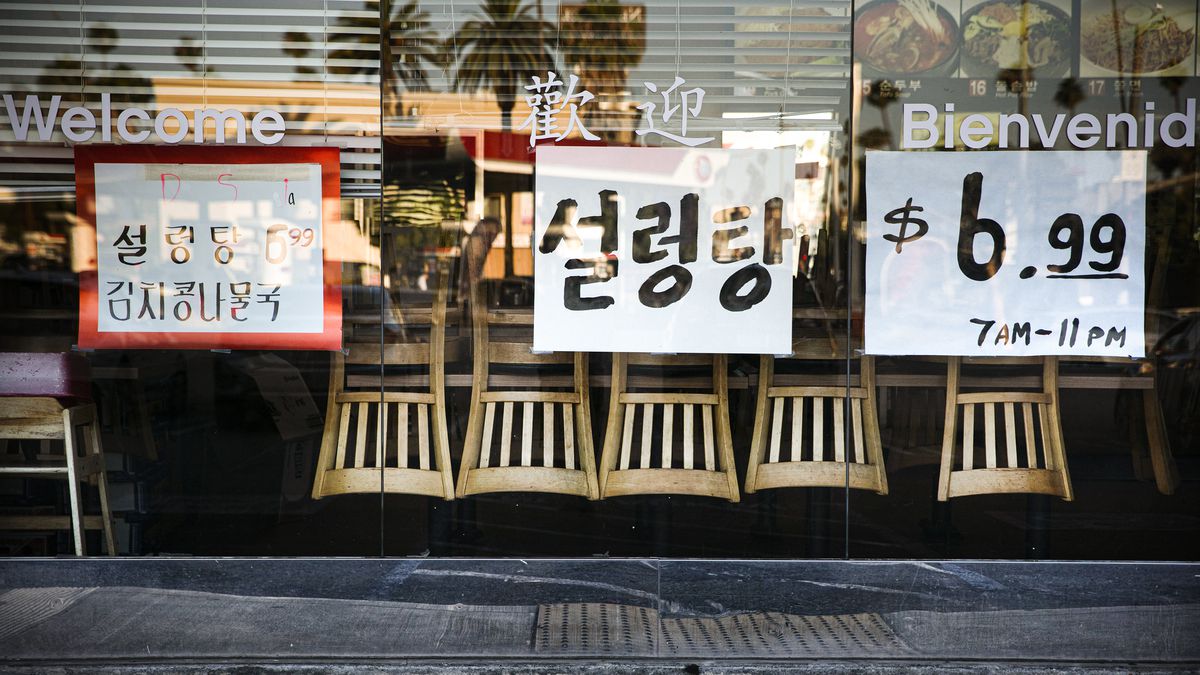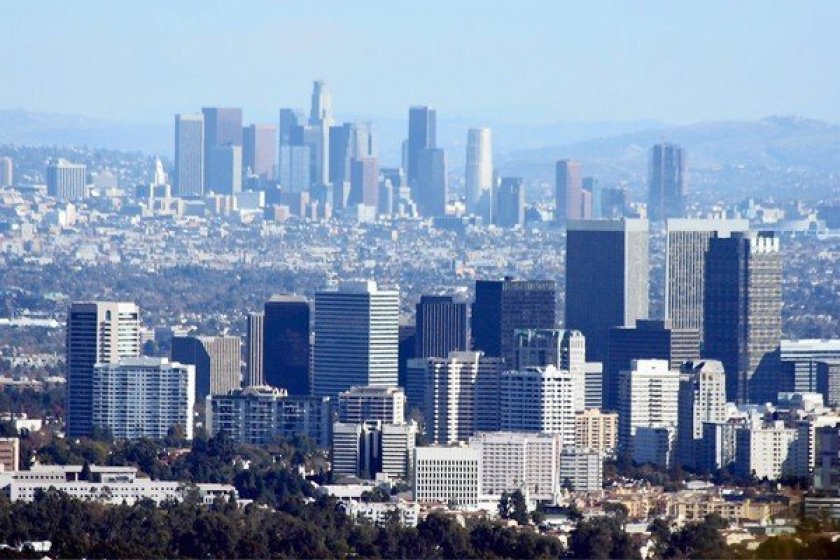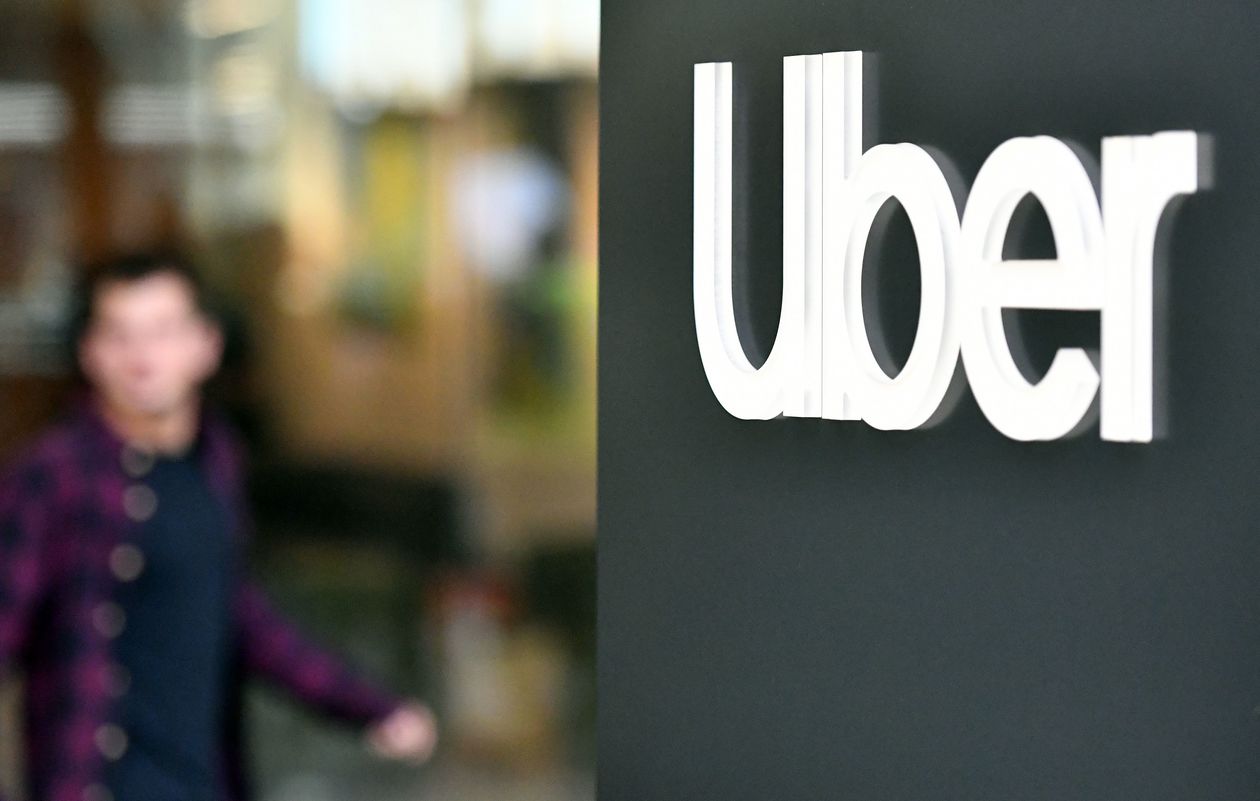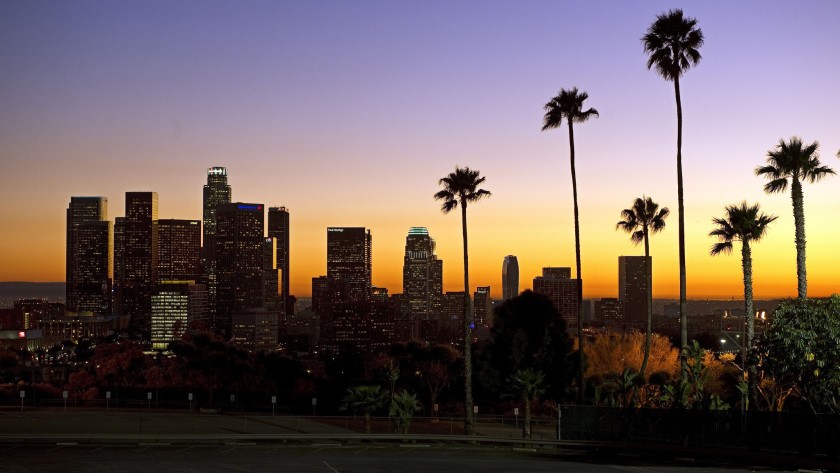A restaurant, open for takeout only due to the coronavirus pandemic, in Los Angeles’s Koreatown in July. Roy Kim knew back in December that something had changed. The operating manager of Dong Il Jang, the 41-year-old restaurant in Los Angeles’s Koreatown neighborhood and one of the city’s longest-running Korean restaurants , was noticing declining clientele, beginning with their Chinese regulars.
The profits he’d expected the business to make during the Christmas rush never materialized, and the loss set the tenor for what was to come. As news of the coronavirus began to radiate out from China and dominate the news cycle, fear of its spread in the US followed. Koreatown’s small businesses, like in other Asian enclaves across the country, began to feel the economic fallout at least a month before shutdown orders began in March, as associations between Asians and contagion began to foment.
Alongside media outlets singling out Asians as the “ face ” of the coronavirus in early coverage, the use of racist terms like “China virus” has also grown, further linking the virus to anything and anyone with Chinese identity — and, by extension, anyone who can be mistaken for Chinese. After the city closed […]


Add a comment






